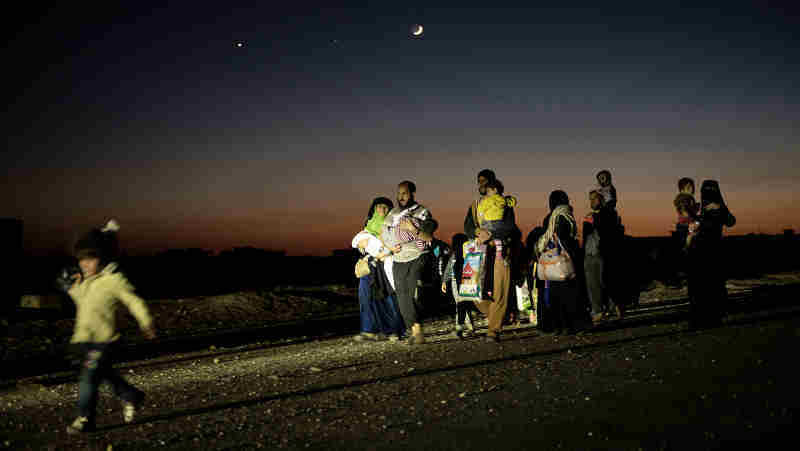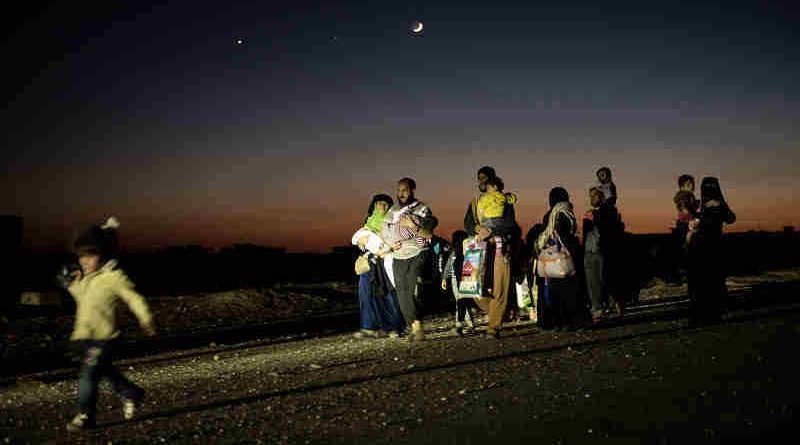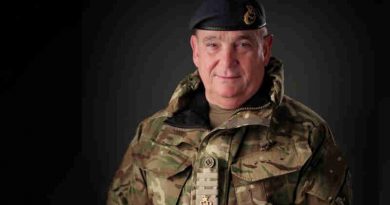Military Operations to Retake Mosul Causing Humanitarian Crisis

As November 17 marked one month of intensified military operations to retake the city of Mosul, tens of thousands of families in newly retaken areas urgently require life-saving assistance.
According to UNICEF, these latest developments further exacerbate a humanitarian crisis in a country where 10 million people already were in need of aid.
In many newly retaken areas, civilian infrastructure such as water and power plants, schools and hospitals are damaged and medical services often unavailable, UNICEF said.
“Wherever we can, humanitarian partners are helping displaced people and vulnerable families in newly retaken communities,” said Ms. Lise Grande, the Humanitarian Coordinator for Iraq, on behalf of the humanitarian community. “We are working as quickly as we can and in close coordination with Iraqi authorities to help some of the most at-risk people in the world.”
[ Modi’s Monarchy: Banks in India Refuse to Pay People’s Money ]
Nearly 59,000 people have been displaced, about 26,000 of them children. In support of the Government of Iraq, the United Nations and non-governmental organizations (NGOs) have begun to provide assistance to displaced and resident families in newly retaken areas.
More than 40,000 displaced people have found shelter in formal camps in three governorates prepared and managed by the Government, the United Nations and national and international NGOs.
[ Over 20,000 People Displaced in Mosul Fight: UNICEF ]
More than half of the displaced people are women, girls, and female headed households who often are survivors of sexual and other human rights abuses.
More than 100 humanitarian partners are currently assisting people affected by the ongoing military operations according to the humanitarian principles of humanity, neutrality, impartiality and independence.
The humanitarian community in Iraq is profoundly concerned about the plight of civilians, and again, at the end of the first month of the Mosul campaign, calls on all parties to the conflict to do their utmost to protect the rights and lives of civilians and uphold their obligations under international humanitarian law.
Photo courtesy: UNICEF






